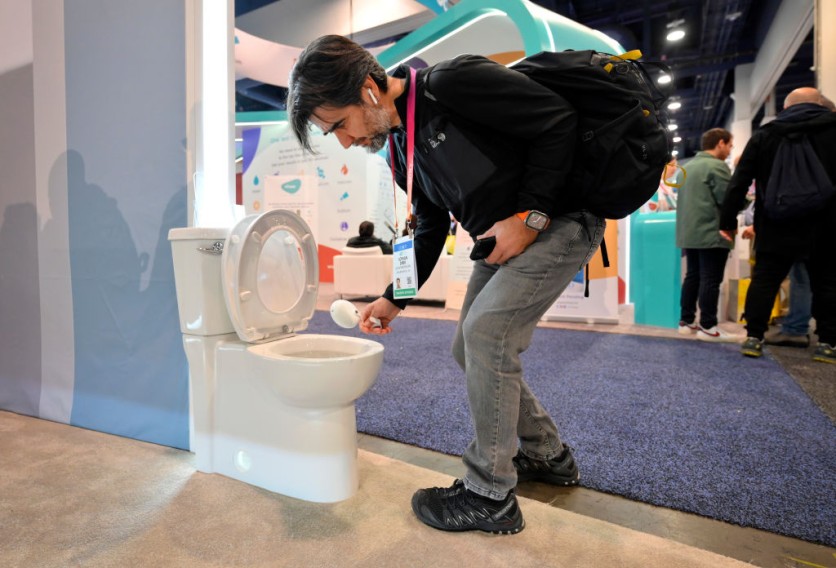
StarStream, a urine diagnostic patient monitoring platform developed by Starling Medical, is about to be released. Unlike conventional collecting containers or dipsticks, StarStream directly analyzes the urine sample.
TechCrunch cites Starling's co-founder and CEO Alex Arevalos claiming that the worldwide urinalysis market is untapped. He said this market is expected to be worth $4.9 billion by 2026, so there is plenty of potential for a young company like Starling.
The Houston-based startup plans to expand into tapping dozens of additional health disorders that may be detected by urine testing, including preeclampsia in pregnant women. This is apparently an effort to reduce hospitalizations caused by these illnesses.
Tech Development
With the collaboration between urologists and insurance companies, patients may acquire StarStream. This reusable gadget can be installed on their toilet and linked to digital health analysis driven by artificial intelligence (AI).
The Starling app links patients with their doctors if any health issues are found after they use the toilet. No need to use containers or dipsticks.
StarStream is Starling's second product in connection to the urinalysis field.
CEO Arevalos, Hannah McKenney, and Drew Hendricks began developing a catheter device that would enable patients with neurological bladder dysfunction to urinate with the push of a button in January 2020.
The catheter would monitor the patient's bladder for pee to identify urinary tract infections, which may lead to hospitalization and sepsis. The device uses AI and spectroscopic sensors.
They got the idea to place the sensors in the toilet and combine them with an easy-to-use at-home gadget that doctors and patients have been asking for.
Arevalos said this would allow them to deal with a bigger market, including individuals with diabetes and preeclampsia renal disease, who account for nearly a third of all US patients.
Arevalos called StarStream "the world's first FDA-registered service."
Expanding the Venture
The firm has been working on the technology for the last year. It has already conducted a clinical trial in conjunction with Stanford University to verify its prediction models.
Moreover, a $3.4 million initial investment round headed by Rebel Fund has successfully concluded.
The funds will be used to hire engineers, develop the gadget and its accompanying software, and equip hospitals with nurses and other support workers. Nurses process reimbursement claims for remote patient monitoring by reviewing urine results. Ten people are presently working for the firm.
StarStream's device and monitoring service will be implemented with Starling's first business client, a Texas private clinic with 200,000 urological patients.
After getting the first client up and going, he plans to recruit physician groups around Texas, claiming there is a potential to grow Starling into a unicorn without leaving the state.

ⓒ 2025 TECHTIMES.com All rights reserved. Do not reproduce without permission.




